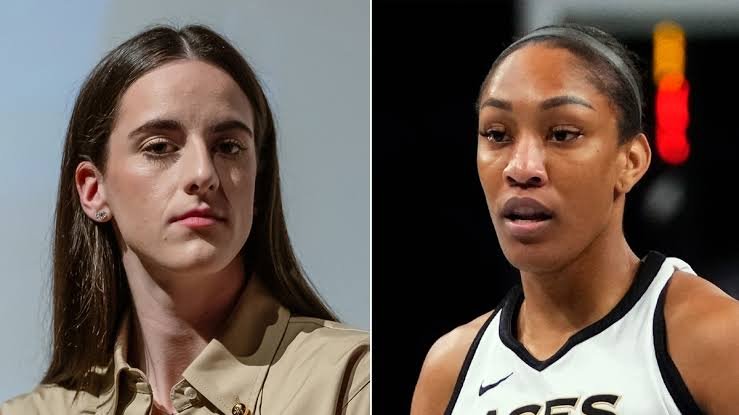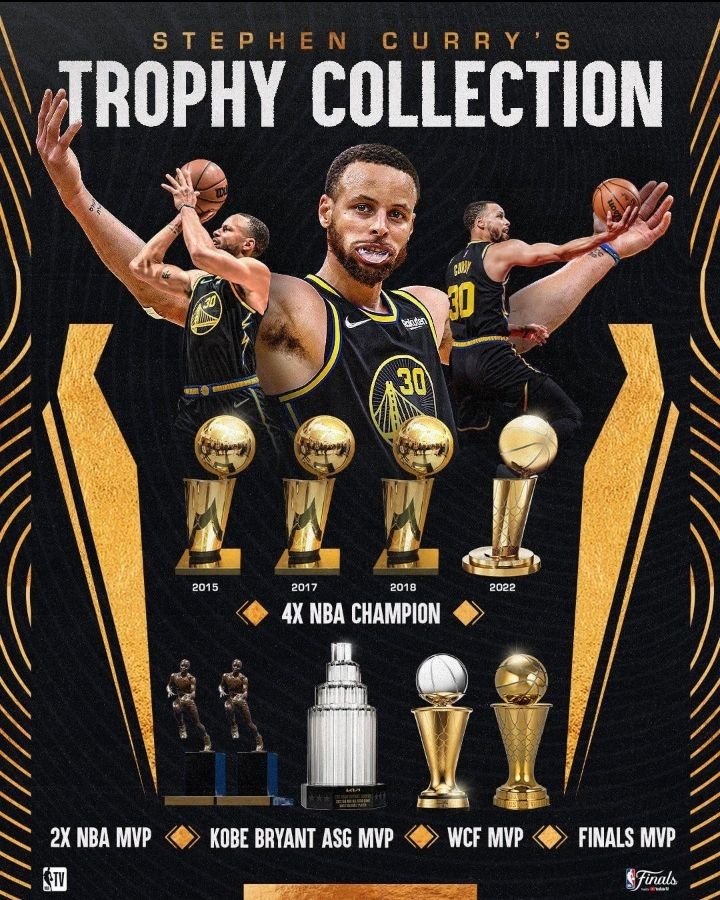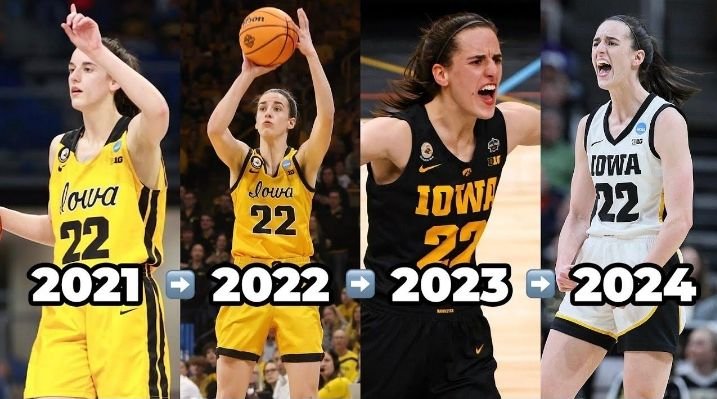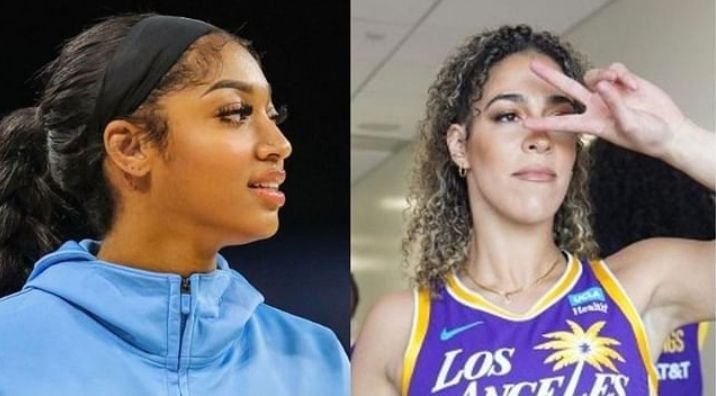
In an exclusive interview with Time magazine, WNBA star A’ja Wilson shared her thoughts on Caitlin Clark’s recent comments about the privilege she holds as a white athlete. Clark, who had a standout rookie season with the Indiana Fever, admitted her awareness of the advantage her skin color provides in the sports world. “As a white person, there is privilege,” Clark said, emphasizing the historical significance of Black athletes in shaping the success of the WNBA. Clark stressed the importance of recognizing this and encouraging greater support for these athletes who have made the league what it is today.
Wilson, known for her remarkable achievements, including winning the WNBA MVP, acknowledged the weight of Clark’s statement. As a Black woman in the WNBA, Wilson reflected on the difficulties she and other athletes of color face, often having to work harder to gain the recognition they deserve. “It’s powerful to me,” Wilson explained, highlighting the challenges Black women face in showcasing their true abilities. She expressed how crucial it is for allies to use their platforms to speak out for equality, especially in a space where women of color often struggle to be seen.
The conversation took a deeper turn as Wilson mentioned how such moments of allyship—when someone like Clark speaks out for justice—hold immense significance. “We see where people stand up and speak for us,” Wilson said. While acknowledging the pressures that come with speaking out, she also noted how essential it is to continue pushing for visibility and fairness in sports. Despite the fact that these conversations about race and privilege are still ongoing in 2025, Wilson emphasized that these issues are very much alive and require attention.
Furthermore, Wilson pointed out that Clark had faced backlash for being honest about her privilege, a reality Wilson understands well. In a world where such truths often spark controversy, Wilson empathized with Clark’s experience, recalling the pressure athletes face to constantly prove their worth. “It’s exhausting,” she admitted, explaining that for athletes like herself, the constant scrutiny and expectations can be overwhelming. “You work so hard, but you still have to work 10 times harder just to be seen.”
For Wilson, the journey to the top hasn’t been easy, but her resilience and determination shine through. As the 2025 WNBA MVP, Wilson’s impressive performance on the court speaks volumes about her work ethic, averaging 26.9 points, 11.9 rebounds, and 2.3 assists per game. Wilson concluded that while challenges persist for women athletes of color, she remains unwavering in her pursuit of excellence, working hard and doing so with a genuine love for the game.
In this candid conversation, Wilson not only supported Clark’s reflections on privilege but also underscored the broader importance of inclusion, equality, and continued dialogue about race in sports. As athletes continue to break barriers, the need for open discussions on privilege and equality remains vital in shaping a more inclusive sports landscape for everyone.




